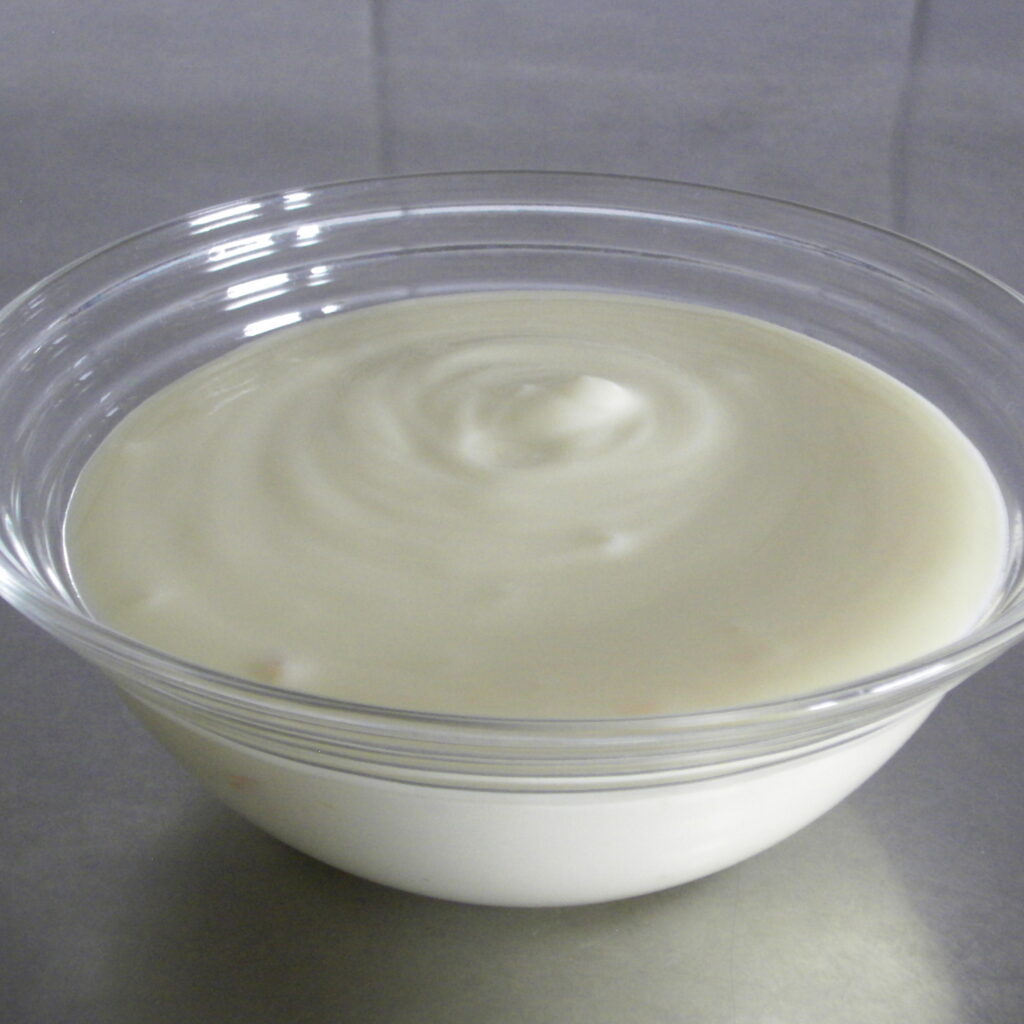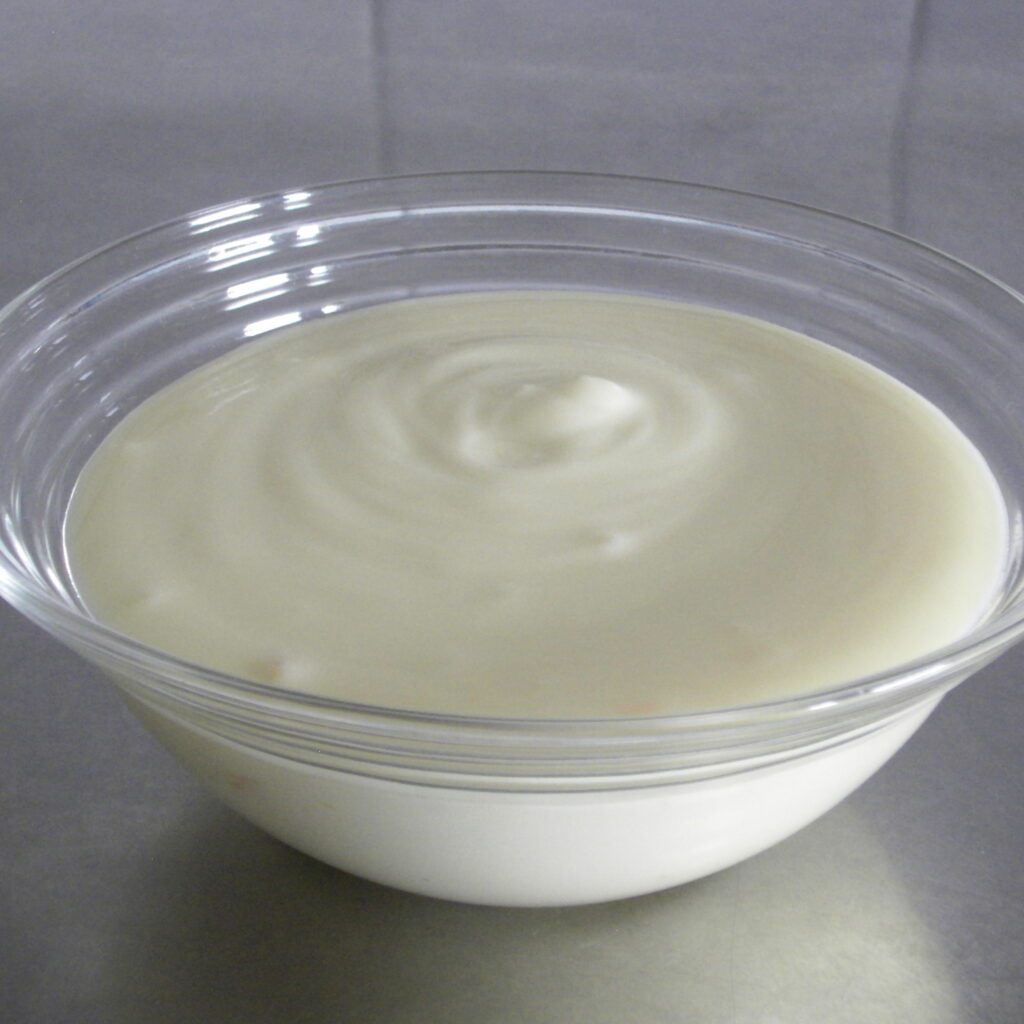It's important to note that while probiotics show promise in these areas, research is ongoing, and individual responses may vary.

Probiotics are live microorganisms, primarily bacteria and yeast, that confer health benefits to their host when consumed in adequate amounts.
These beneficial microorganisms, often referred to as “good” or “friendly” bacteria, contribute to the balance and well-being of the host’s gastrointestinal tract by promoting a healthy microbial community. Probiotics are commonly found in certain fermented foods, such as yogurt, kefir, achaar, sauerkraut, and kimchi, as well as in dietary supplements.
Probiotics are believed to positively influence the gut microbiota, support digestive health, enhance the immune system, and potentially provide other health benefits.
Benefits
Probiotics have several potential uses and benefits, including:
- Digestive Health: Probiotics contribute to a balanced gut microbiota, promoting digestive health by aiding in the breakdown of food and absorption of nutrients. They can also help prevent and alleviate certain digestive issues, such as irritable bowel syndrome (IBS), diarrhoea, and constipation.
- Immune System Support: A healthy gut microbiota plays a crucial role in supporting the immune system. Probiotics may enhance the body’s immune response, potentially reducing the risk of infections and providing additional defense against pathogens.
- Management of Antibiotic-Associated Issues: Antibiotics can disrupt the balance of gut bacteria, leading to issues like diarrhea. Probiotics may help restore the microbial balance during and after antibiotic treatment, minimizing these side effects.
- Skin Health: Some research suggests that the use of probiotics may have a positive impact on skin conditions, such as acne and eczema. The connection between gut health and skin health is an area of ongoing exploration.
- Mental Health: The gut-brain axis suggests a connection between gut health and mental well-being. Probiotics may play a role in influencing mood and reducing symptoms of conditions like anxiety and depression, although more research is needed in this area.
- Allergy Prevention: There is evidence to suggest that early exposure to probiotics, both during pregnancy and in infancy, may help reduce the risk of allergic conditions such as eczema and food allergies.
- Oral Health: Probiotics might contribute to oral health by promoting a balanced oral microbiota and potentially reducing the risk of issues like gingivitis and tooth decay.
- Weight Management: Some studies indicate that the gut microbiota may influence metabolism and weight. Probiotics could potentially play a role in supporting weight management efforts, although more research is required.
Limitations
While probiotics offer numerous potential benefits, it’s also important to be aware of potential deficiencies or limitations. Here are some considerations:
- Strain-Specific Effects: Different strains of probiotics can have varying effects on the body. Not all probiotics are equal in their functions and benefits. Specific strains may be more effective for certain health conditions, so it’s essential to choose the right probiotic for the intended purpose.
- Survival and Viability: Probiotics are live microorganisms, and their viability is crucial for effectiveness. Factors such as heat, moisture, and stomach acid can affect the survival of these microorganisms. Proper storage and the use of enteric-coated capsules can help improve survival rates.
- Individual Variability: Responses to probiotics can vary among individuals. Factors such as genetics, diet, and the existing composition of the gut microbiota may influence how someone responds to probiotic supplementation.
- Temporary Effects: The benefits of probiotics may be temporary, and their effects may cease once supplementation is discontinued. Consistent and long-term consumption may be necessary to maintain ongoing benefits.
- Interaction with Medications: Probiotics may interact with certain medications or medical conditions. It’s important to consult with a healthcare professional before starting probiotic supplementation, especially for individuals with compromised immune systems or those taking medications that could be affected.
- Quality and Purity: The quality of probiotic supplements can vary. It’s crucial to choose reputable brands that ensure the purity and potency of their products. Some products may not contain the number of live organisms claimed on the label.
- Potential Side Effects: While probiotics are generally considered safe, some individuals may experience mild side effects such as bloating, gas, or digestive discomfort, particularly when initiating probiotic supplementation. These symptoms usually subside after a short adjustment period.
- Not a Panacea: Probiotics are not a cure-all, and their efficacy depends on the specific health concern. While they can contribute to overall well-being, they should not be seen as a replacement for a balanced diet, regular exercise, and other healthy lifestyle practices.
Sources of probiotics
Probiotics can be obtained from various food sources and supplements. Here are some top food sources of probiotics:
- Yogurt: Yogurt is one of the most well-known and widely consumed sources of probiotics. Look for yogurts that mention “live and active cultures” on the label, as these contain beneficial bacteria.
- Kefir: Kefir is a fermented dairy product that is rich in probiotics. It is made by fermenting milk with kefir grains, which contain a combination of bacteria and yeast.
- Sauerkraut: Fermented cabbage, or sauerkraut, is a traditional probiotic-rich food. The fermentation process involves lactic acid bacteria, providing a source of beneficial microorganisms.
- Achaar: Indian achaar are types of pickles, can contain probiotics depending on the specific method of preparation. Traditionally, Indian achaar is homemade through a process of fermentation, which involves allowing vegetables or fruits to ferment in a brine solution with various spices and sometimes oil. During the fermentation process, beneficial bacteria, including lactic acid bacteria, may develop naturally. These bacteria contribute to the sour taste of the pickles and are a source of probiotics. Commonly used vegetables for Indian pickles include mangoes, lime, and various regional vegetables.
- Kimchi: A staple in Korean cuisine, kimchi is a spicy fermented cabbage dish that also contains probiotics. It typically includes ingredients like garlic, ginger, and chili peppers.
- Miso: Miso is a traditional Japanese seasoning produced by fermenting soybeans with salt and koji (a type of fungus). It is commonly used to make miso soup.
- Tempeh: Tempeh is a fermented soy product that originated in Indonesia. It contains a variety of beneficial bacteria and has a nutty flavor and firm texture.
- Pickles (fermented in brine): Pickles that are fermented in brine (not those made with vinegar) can be a source of probiotics. Look for pickles in the refrigerated section rather than those on the shelf, as the latter are typically pasteurized, which kills the beneficial bacteria.
- Traditional Buttermilk: Traditional buttermilk, which is the liquid left after churning butter, is fermented and contains probiotics. This is different from the cultured buttermilk found in supermarkets, which may not always contain live cultures.
- Natto: Natto is a Japanese dish made from fermented soybeans. It is a source of the probiotic Bacillus subtilis and is known for its strong flavor and sticky texture.
- Fermented Cheeses: Certain types of cheese, such as Gouda, cheddar, and Swiss, may contain live cultures, especially if they are labeled as “raw” or “unpasteurized.”
Conclusion
probiotics are live microorganisms that offer potential health benefits, primarily by promoting a balanced and healthy gut microbiota. They can be obtained from various food sources, including yogurt, kefir, sauerkraut, kimchi, miso, and traditional Indian pickles (achar), especially if prepared through fermentation. These foods may contain beneficial bacteria that contribute to digestive health, support the immune system, and potentially offer other health advantages.
It’s crucial to note that the effectiveness of probiotics depends on factors such as the specific strains used, the quality of the product, and individual responses. When choosing probiotic-rich foods or supplements, consider factors like strain diversity, viability, and the absence of heat processing or pasteurization.
While probiotics show promise in several areas, they are not a cure-all, and their impact may vary among individuals. Before making significant changes to your diet or considering probiotic supplements, it’s advisable to consult with a healthcare professional, especially if you have underlying health conditions or are taking medications.
